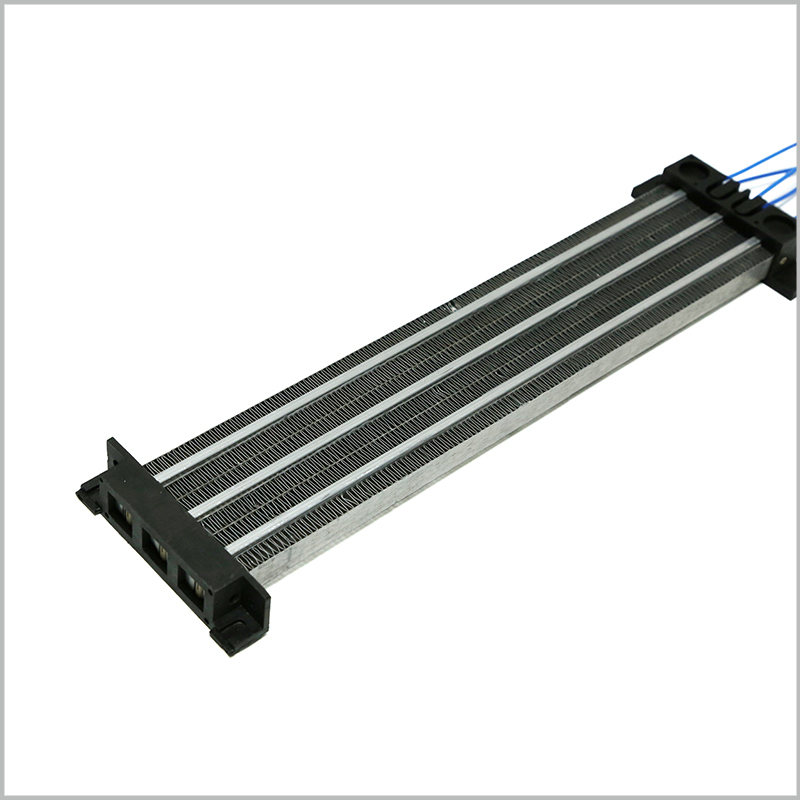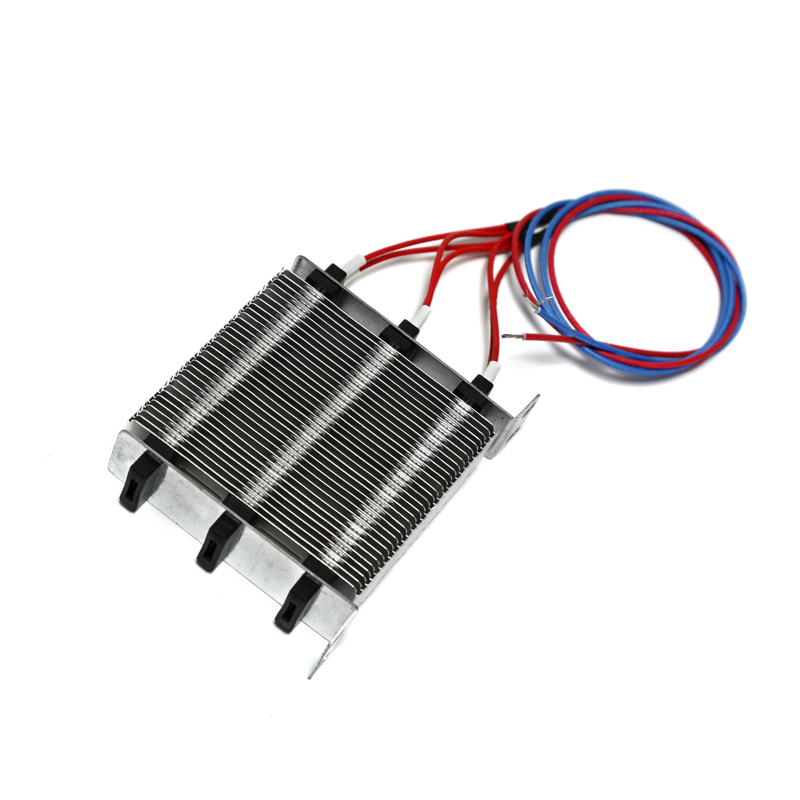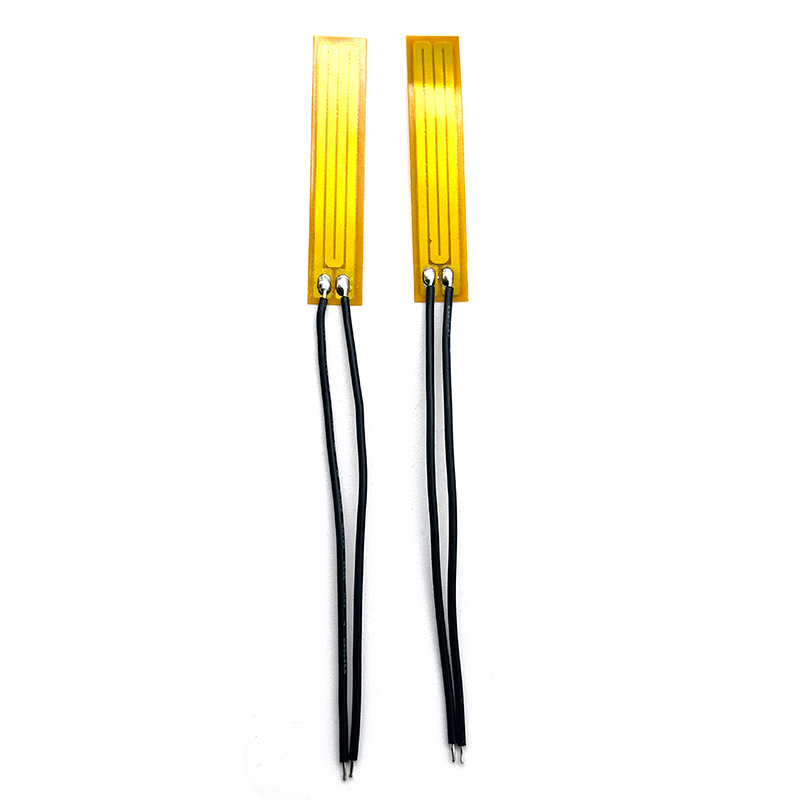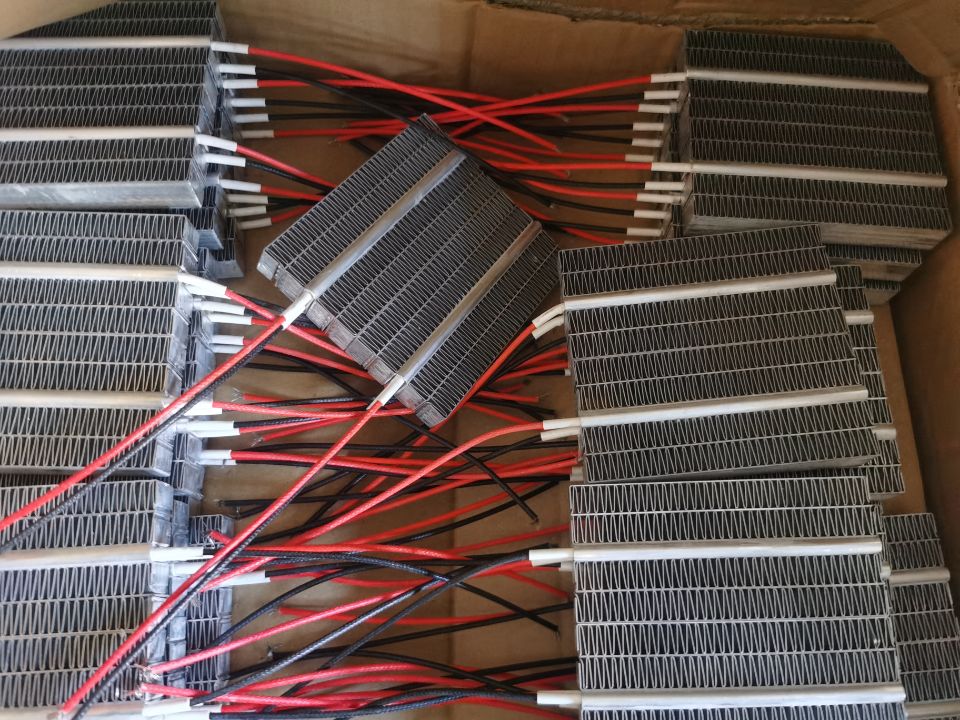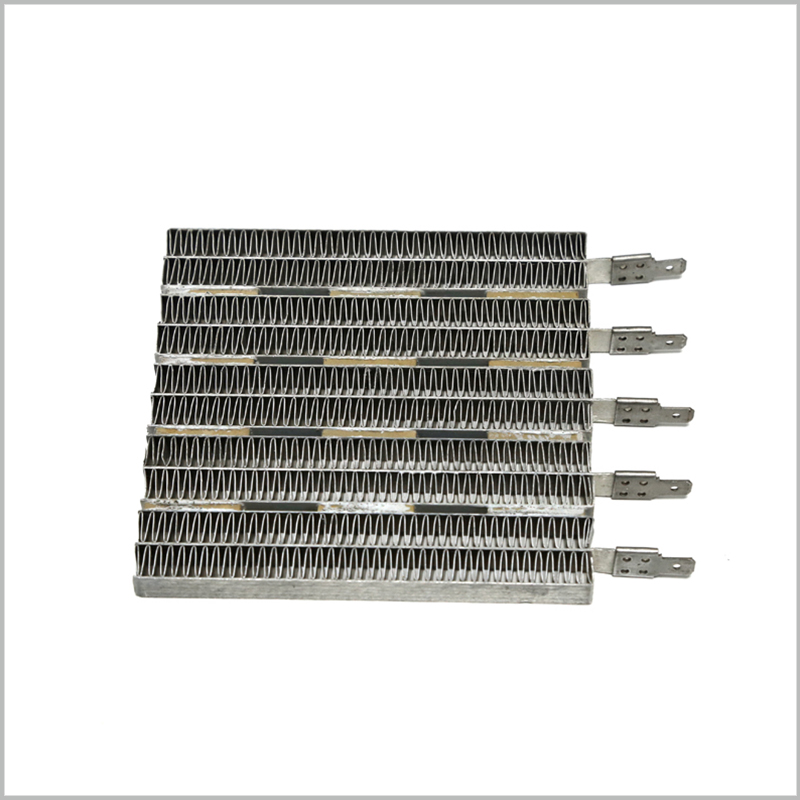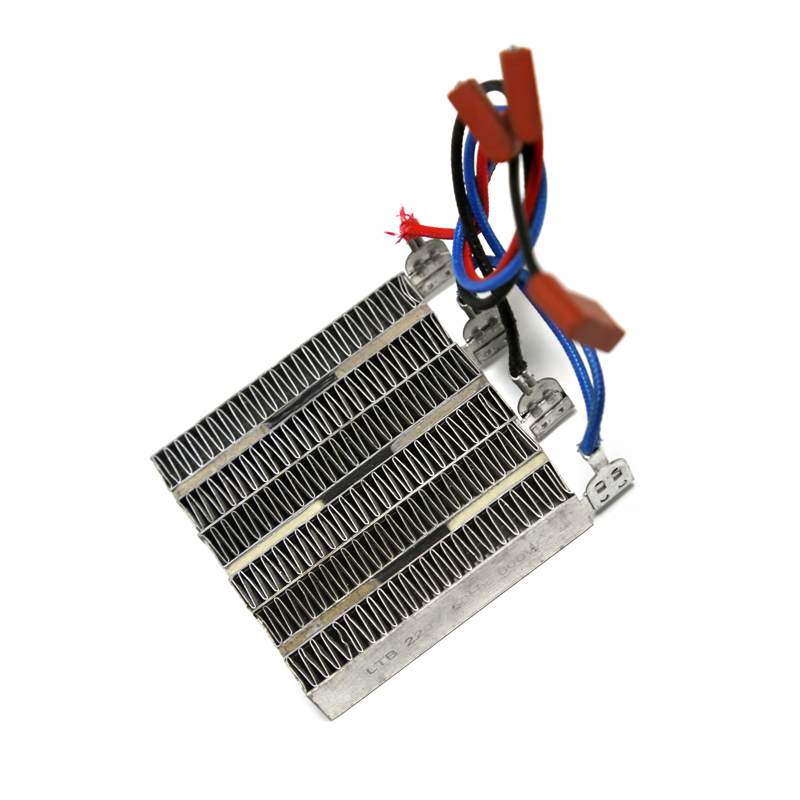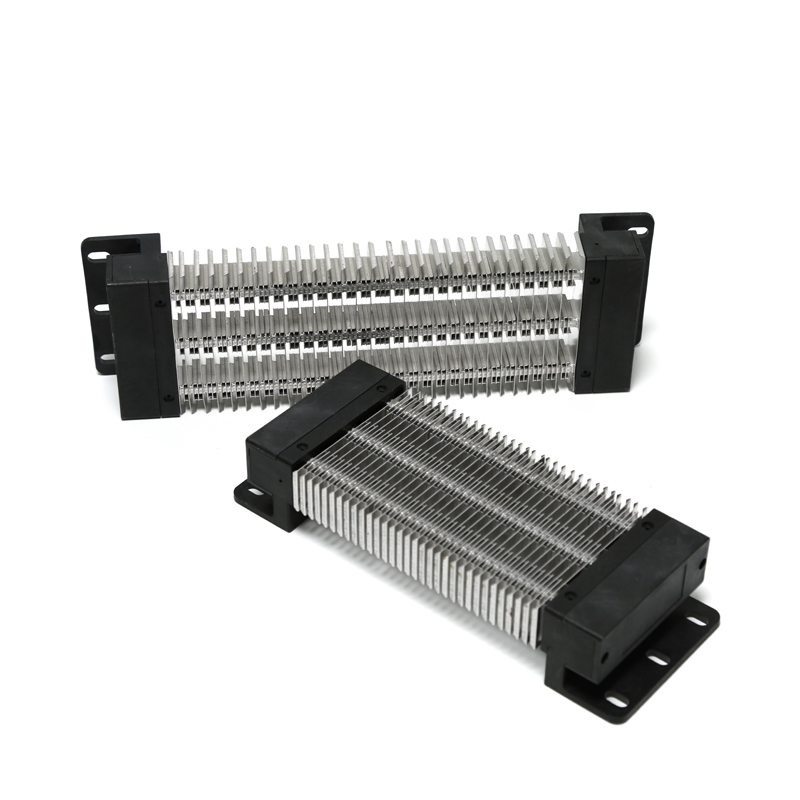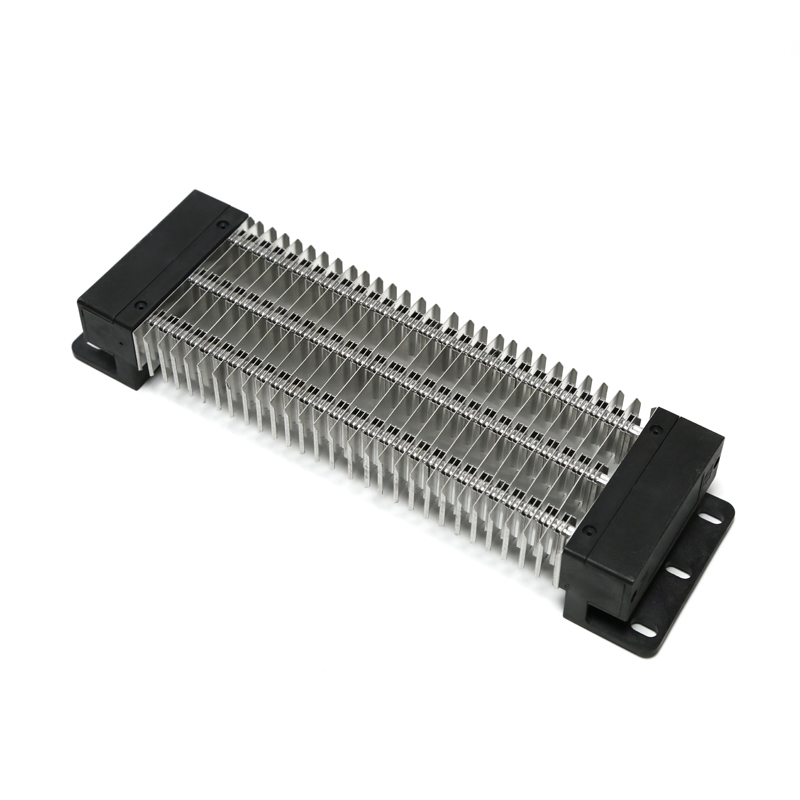The modern automobile is a rolling data center on wheels, packed with sophisticated electronic systems that control everything from engine performance to passenger comfort. With this complexity comes increased vulnerability to electrical faults. Protecting these systems from overcurrent, short circuits, and overheating is paramount for safety and reliability. Standing guard silently throughout your vehicle are unsung heroes: PTC thermistors.
The Harsh Environment of an Automobile
Automotive electronics aren't just sitting in an office. They must endure:
-
Extreme Temperature Swings: From -40°C Arctic cold to 85°C+ engine bay heat.
-
Vibration and Shock: Constant movement from driving on rough roads.
-
Voltage Spikes: Load dump transients from the alternator and other inductive loads.
In this environment, traditional one-time fuses are inadequate. This is where the self-resetting, robust nature of PTC thermistors shines.
How PTC Thermistors Protect Your Vehicle
PTCs are deployed across the car for two main purposes: as resettable fuses for circuit protection and as self-regulating heating elements.
1. Circuit Protection & Inrush Current Limiting
PTCs are placed in series with critical loads to protect sensitive electronic control units (ECUs) and wiring.
-
ECU Protection: Nearly every module—Engine Control, ABS, Airbag, Infotainment—is protected by PTCs on its power input lines. They guard against short circuits caused by wiring harness chafing or connector corrosion.
-
Motor Protection: Electric motors everywhere are safeguarded:
-
Power Windows & Sunroofs: A PTC will trip if the motor is obstructed (e.g., a hand in the window), preventing burnout and potential injury.
-
Fuel Pumps: Protects against lock-up and electrical faults.
-
Blower Motors: For HVAC fans, preventing overloads.
-
-
Lighting Systems: Protects LED headlight and taillight circuits from voltage transients and short circuits. An LED driver is expensive; a PTC is a cheap insurance policy.
-
Inrush Current Limiting: When first switched on, devices like the blower motor or heated seats draw a large surge of current. A PTC softly limits this surge, reducing stress on relays, switches, and the power supply.
2. Self-Regulating Heating Elements
The positive temperature coefficient effect is perfectly exploited for heating applications.
-
Heated Seats: PTC elements are woven into seat heaters. They heat up quickly but then self-regulate, preventing overheating and ensuring consistent, comfortable warmth without the need for a complex thermostat.
-
Defrosters: Used in heated side mirrors and rear window defogger grids. Their self-limiting nature makes them inherently safe against scorching or fire risk.
-
Evaporative Emissions (EVAP) Canister Purge Valves: Heating elements prevent freezing in cold climates, ensuring the emissions system operates correctly year-round.
-
Diesel Glow Plugs / Air Intake Heaters: Assist in cold-starting by providing quick, controlled heat.
Why PTCs are the Ideal Choice for Automotive Use
-
Self-Resetting: This is the killer feature. After a temporary fault (e.g., a window stuck on ice), the system resets itself automatically. No dealership visit is required to replace a fuse, which is a huge win for reliability and customer satisfaction.
-
Robustness: Their solid-state construction makes them highly resistant to vibration and shock, a critical requirement in a car.
-
Compact Size: They can be integrated into connectors and modules where space is extremely limited.
-
Cost-Effectiveness: They provide immense reliability for a low component cost.
Conclusion
As cars evolve into increasingly electrified and autonomous platforms, the role of robust circuit protection only grows. PTC thermistors are fundamental components in this safety ecosystem. They provide the invisible, intelligent, and self-healing shield that protects the nervous system of your vehicle, ensuring that a single electrical fault doesn't leave you stranded on the side of the road. The next time you comfortably adjust your heated seat or your power window glides smoothly up, remember the tiny PTC thermistor working behind the scenes to make it all safe and reliable.


